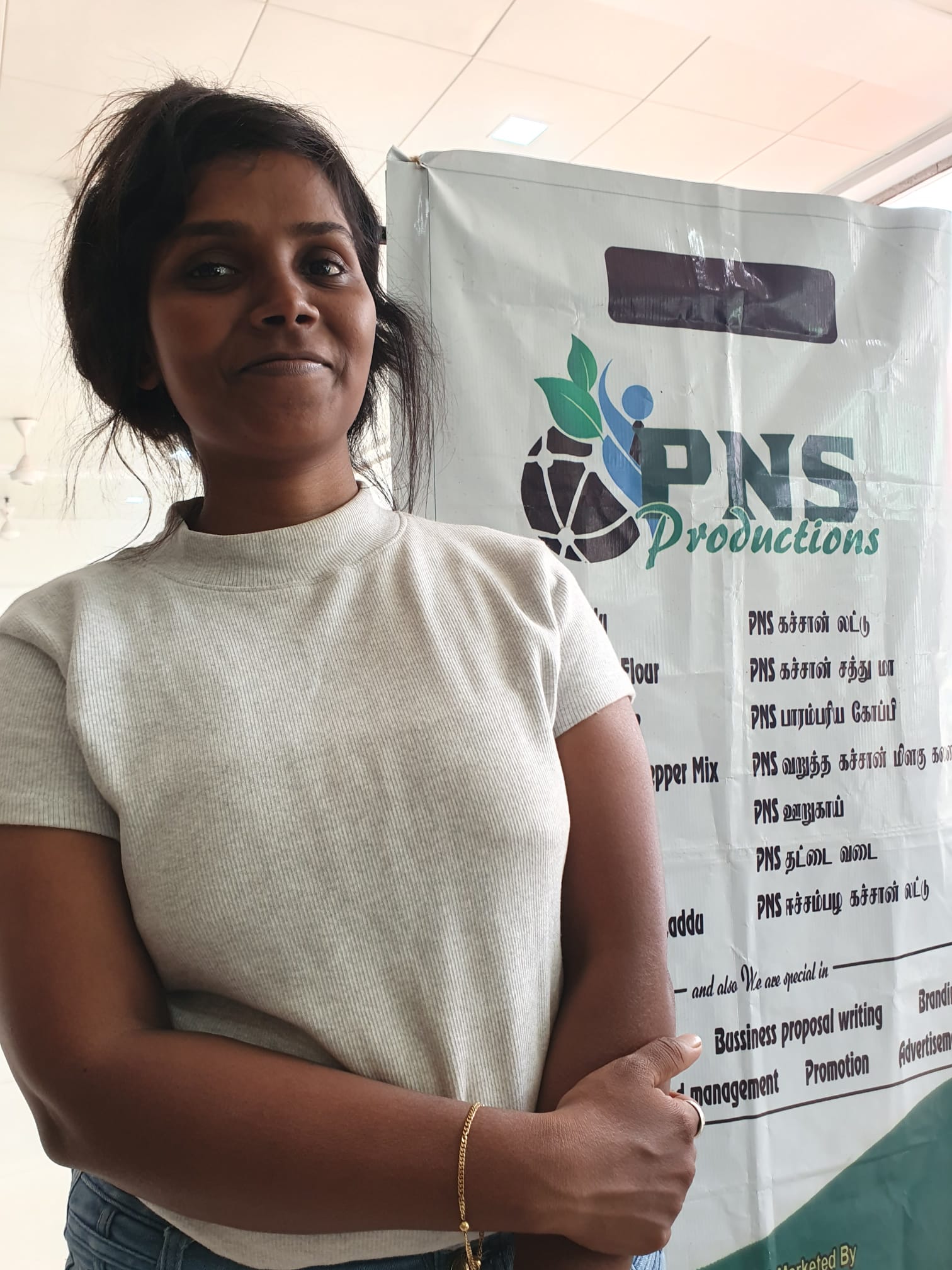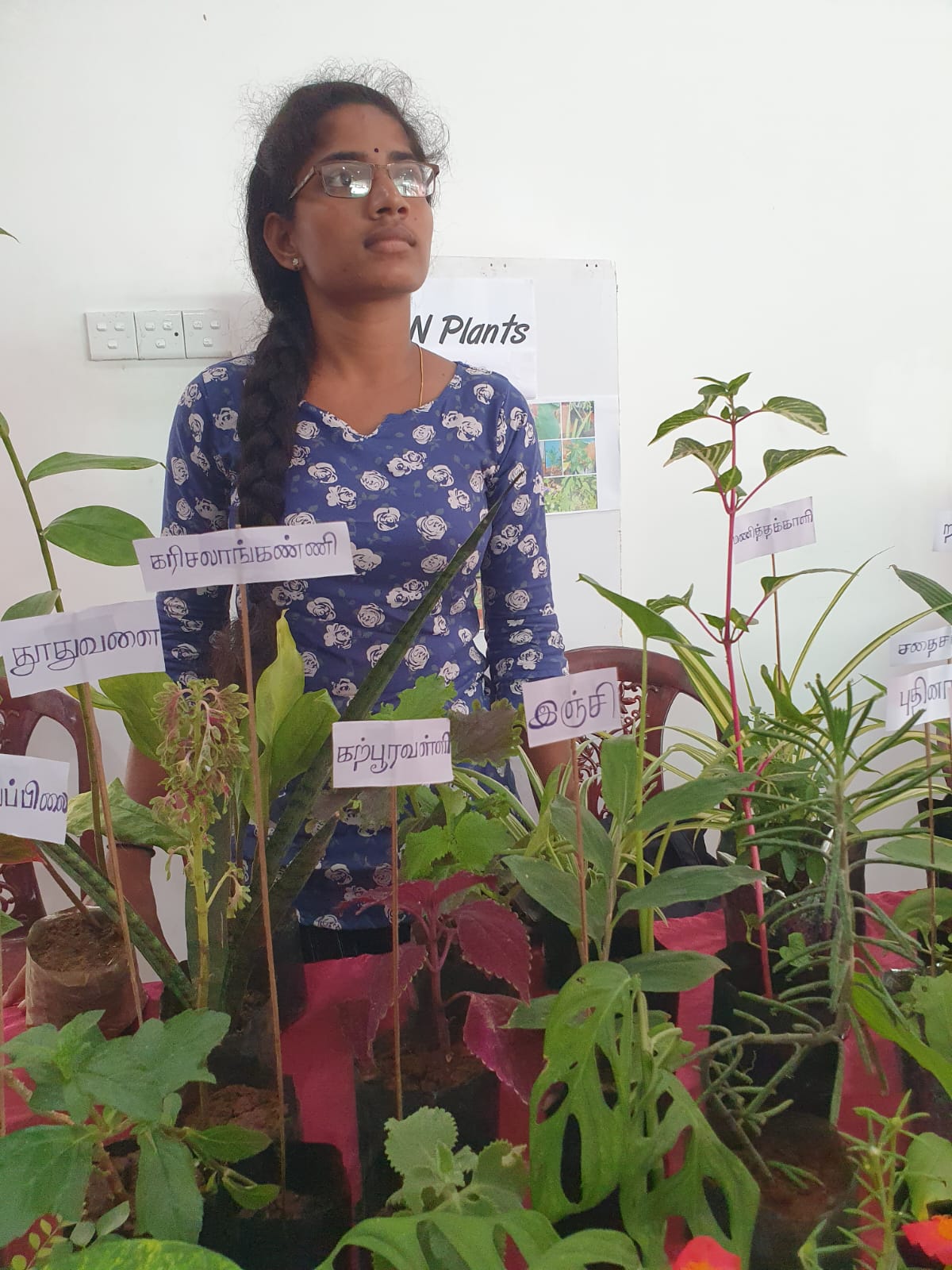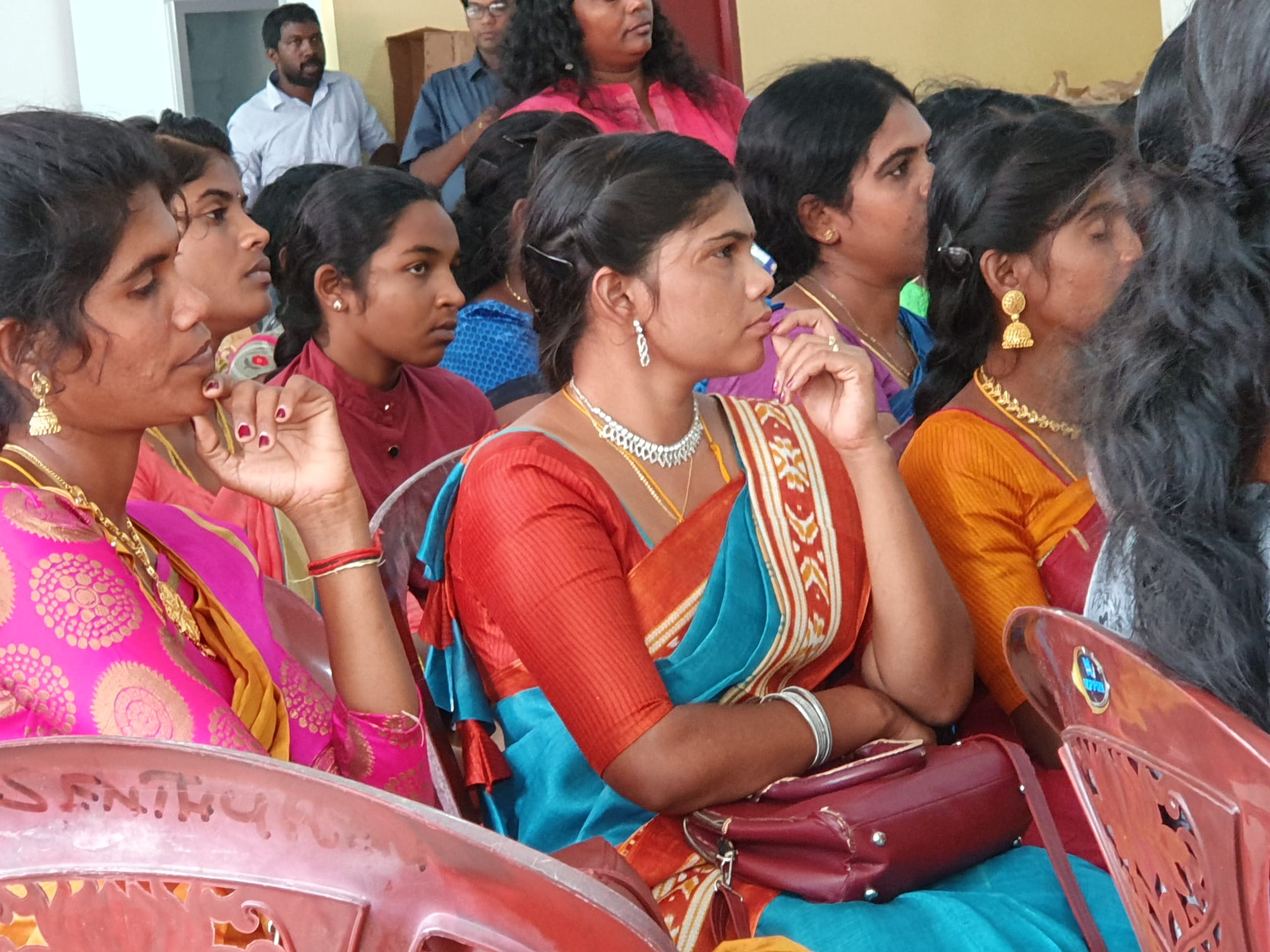By Jekhan Aruliah
“Every day is women’s day” snorted my female friend in Colombo irritably responding to my question over the phone from Jaffna whether she knew 8th March is “Women’s Day”. She is right. Mothers, sisters and daughters will tell you a woman’s day never ends. A woman deals with whatever comes as it comes. With no job description and no ‘days off’ to protect her, every day is her day and every duty is her duty.
Unburdened by female responsibilities I used my free time Googling to discover 8th March is the day, back in 1914, when the Women’s Rights campaigner Sylvia Pankhurst was arrested in London. Pankhurst was marching for women’s voting rights, to be arrested by men sent by men in an ultimately futile attempt to deny women those rights. Thus 8th March became the day to appreciate all the otherwise under appreciated women in the World. A day for them to be appreciated by others and also to appreciate themselves.
The women of the North and East have carried more burdens than most in recent decades. Fleeing the dangers of the Sri Lankan Civil War, carrying bags and babies from one town to another. Restarting family homes on unprepared ground allocated by the government often without water without sanitation without shelter without everything. I myself have seen these conditions particularly in the Vanni area a few years after the war. The luckier families helped including by charities, NGOs, and the Indian Government’s house building programme. Still leaving many in abject circumstances.
With the traumatic war years over, women particularly in rural and semi-rural areas continue to seek support rebuilding lives striving to rise beyond poverty. Sometimes as sole breadwinner, sometimes with their male partners bringing daily wages, always struggling for income.
The Australian Government’s “Australian Aid” programme has been funding the Jaffna based NGO Suvadi to conduct a year long programme, “Nourish North”. Suvadi is an NGO operating in the North since 2010, espousing “Innovation, research and dialogue”. I have known two of Suvadi’s leadership for some years. Dr Prabu Nadaraja and Dr Shribavan two doctors who graduated from Jaffna University’s medical faculty. They gave up entering clinical careers to become social entrepreneurs. They still tend to the health of the community, poverty being a leading cause of sickness.
In early March 2023 Suvadi carried out a 3 day event in Jaffna. The organisation of the event was led by Dr. Krishanthan, a Siddha (indigenous) medicine graduate from Jaffna University who runs a private clinic in Jaffna. Here 35 ladies from around the Northern Province were trained in entrepreneurial skills and leadership by a mentor, Dr Selvamalar Ayadurai, from Kuala Lumpur Malaysia. During these three days businesses run by women exhibited and sold their products.
There is a perception, in many cases true, that women headed families in the North are making scanty dead-end livings producing hand made brooms, vaddai, poppadam, and sewing dresses for neighbours. While many subsist in this way, there are others with wider ambitions and potentials. Others who can provide examples and leadership:
Priya Nadesan, PNS Entrepreneurship (Pvt) Ltd, Killinochchi
PNS = Priya; Nadesan (father); Siyamala (mother). Her hometown is Killinochchi. Priya is the breadwinner for her family. After completing her A’Levels (engineering technology), Priya took diplomas in Journalism and Mass Media, and in Business Studies. She has followed several other online courses in Post Harvest Technology, Branding, Advertising etc.

Priya is a great example of an entrepreneur who knows what she doesn’t know, and finds a way to learn it. Either by attending courses in person, or finding the lessons online. As part of her business, she runs sessions to teach other small entrepreneurs what she has learned. Distilling the directly relevant parts into short sessions suitable for those who learn to earn.
Priya knows what is directly relevant because she practises what she preaches. Priya’s main business produces, markets and sells foods. Peanut laddu (which I can confirm is delicious), Peanut flour; Roasted Peanut Pepper Mix, also milk toffee, pickles, and traditional coffee. Priya buys the peanuts, coffee beans, milk and other ingredients for the markets. She employs 5 people to make the products, taking on more staff when needed. PNS monthly sales are between 100kg-500kg peanut laddu; 50kg-100kg of coffee. She uses 150 litres of milk per month to produce the milk toffee.
Priya’s dream is to build PNS into a national brand and international brand. With investment she would initially buy land to grow peanuts, and would increase her production capacity. Whether this is the optimum strategy may or may not be the case. She would continue to learn from experience, both her own and the experience of others.
Priya can be contacted on pnsentrepreneurship@gmail.com
Nivethini Selladurai, AN Plants, Jaffna
23 year old Nivethini has been selling plants for some years even while at school. A(her favourite letter) N(Nivethini) Plants’ plants are mainly grown in her sister’s garden, or are bought from the various plant nurseries in the area. Her customers have been friends and people in her local neighbourhood in Jaffna’s Thirunelvelly area. Quite recently Nivethini, together with her sister Jasmini launched AN Plants to sell beyond her neighbourhood. Using WhatsApp as her key marketing tool, and participating in fairs.

Attending the Suvadi event proved a good marketing tool. She had an order for 50 plants from me to adorn the front wall border of my building in Jaffna. I have left it to her to select them. My requirement was simple: beautiful plants that cows don’t eat. My road is not short of these ambling animals who see the world as a free buffet. While they are very welcome to trim my lawn, which they do very tidily, I have seen several other plants disappear into their several stomachs.
Having completed her A’Levels (Arts), Nivethini has interviewed for a place in the teacher training college, hoping for a career teaching Home Economics to Grade 6 – 11 students. While her ambition is to become a teacher she is not one to waste time waiting for interview results. If she successfully joins the teacher training college, when time allows she will continue to support her mother and sister with this business.
Nivethini can be contacted on: Niveajith8@gmail.com
Dr Selvamalar Ayadurai
Dr. Ayadurai, based in Kuala Lumpur Malaysia, came to Jaffna to conduct a two day workshop organised by Suvadi for 35 women from 7 villages in 3 districts. These women were leaders in their communities, driving economic development and social change in many ways. In the sessions of training, Dr. Ayadurai focused on income generating business models, and on women leadership skills.

She introduced 7 Business Models that could help women initiate individual or collective entrepreneurial ventures:
1. 'Kootu' Fund
2. Collective Entrepreneurship
3. Cooperative
4. One Village One Product or Crop
5. INGO assisted income generation - FAO, WFP, OXFAM, UNDP, ILO
6. Government Agency assisted income generation - Small Enterprise Development Unit, Department of Cooperative, Department of Agriculture
7. Local NGO assisted income generation - Viluthu, SUVADI, CFCD, Jaffna Social Action Centre
Dr Ayadurai shared with me two INGO initiatives that were particularly helpful for women headed households in the Northern Province. UNDP Sri Lanka’s Capacity Development of Local Governance (CDLG) Project and the StartCOOP and Local Empowerment through Economic Development (LEED) Programmes by ILO (International Labour Organisation, a United Nations body).
One of Dr Ayadurai’s key themes is getting the women to work together. Creating strength and knowledge in togetherness by forming structured women's organisations in each village, providing mutual support. Collectively, the group can appeal to the Kachcheri for infrastructure needs and income generation assistance with a greater chance of success than going individually. Dr Ayadurai propagates collective advocacy. As a group they can offer larger volumes, share lessons learned, they can avoid competition and foster cooperation.
Getting groups to work together requires social cohesion and appreciation of leadership, also a focus of Dr Ayadurai’s training.
The women are keen to learn new methods and ideas, said Dr Ayadurai. They are good followers, looking for leadership and direction. Dr Ayadurai commented that these short workshops aren’t enough. These women entrepreneurs need continuous support and mentoring by those who understand their situations. Something organisations like Suvadi aim to provide.
Dr Ayadurai can be contacted at selvamalarayadurai23@gmail.com
SUVADI can be contacted at md@suvadi.org
( — The writer Jekhan Aruliah was born in Sri Lanka and moved with his family to the UK when he was two years of age. Brought up in London, he graduated from Cambridge University in 1986 with a degree in Natural Sciences. Jekhan then spent over two decades in the IT industry, for half of which he was managing offshore software development for British companies in Colombo and in Gurgaon (India). In 2015 Jekhan decided to move to Jaffna where he is now involved in social and economic projects. He can be contacted at jekhanaruliah@gmail.com — )
